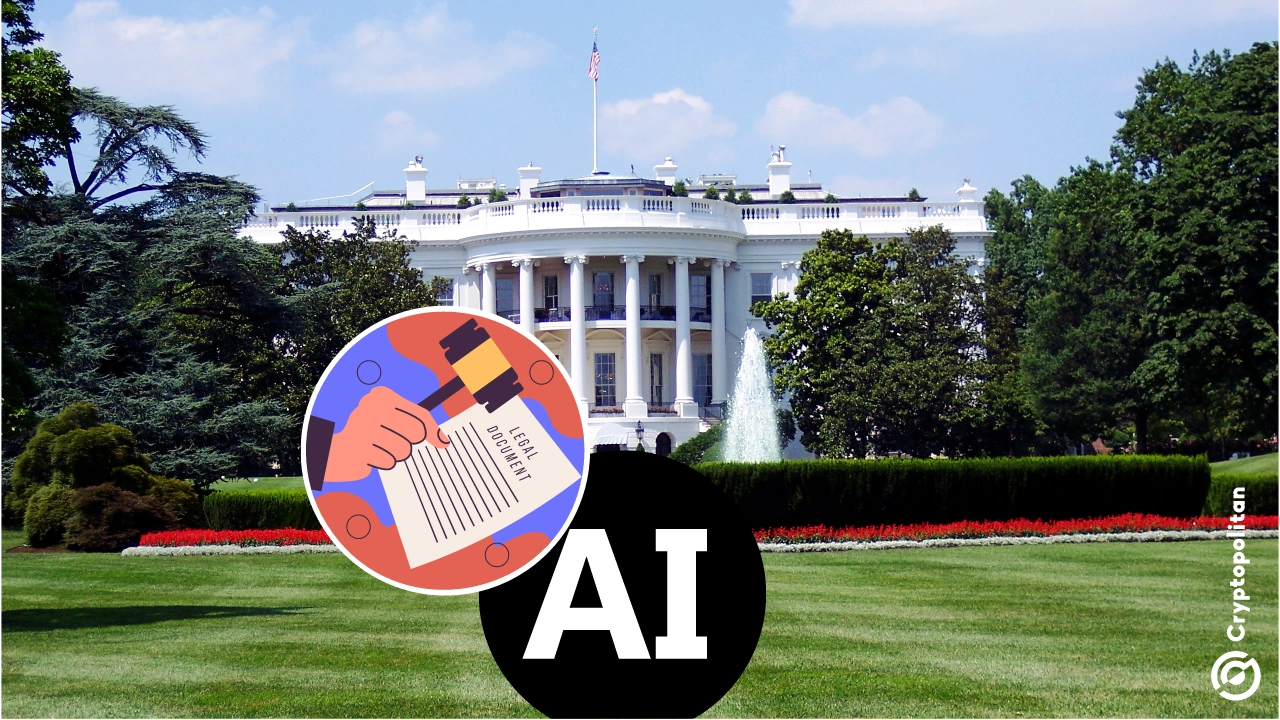
The White House has set new standards for selling advanced AI chips by Nvidia Corporation and other software firms. These regulations are set to take effect during the Trump administration, allowing them to determine how or whether they will implement the policies.
The curb, which has seen fierce resistance from the industry and will become active in one year, has put a cap on the amount of computing power that can be exported to most countries. However, entities in such countries can circumvent the national limits by setting up security and human rights standards.
The White House is giving a four-month period to collect company feedback regarding the proposals. The period will be enough for the Trump administration to settle and allow consultations between President Trump’s administration, the companies, and other countries.
Security concerns have triggered the curb
The commerce secretary, Gina Raimondo, said that the move by the Biden administration is trying to balance between national security and trade of chips. Not all chips will be affected as supply chain activities and gaming chips are excluded from the new curbs. Furthermore, Washington will not charge licensing fees for the sale of chips with low collective computing power targeting schools and research centers.
China’s technological growth is raising concerns in the US, and the current move is meant to restrict the supply of AI technology to friendly nations that align with the standards of the United States.
Biden and Trump’s teams have discussed the curb, and one US official agrees that the controls have largely been a bipartisan national security priority.
The rules will apply to importing countries. However, US firms and its 20 allied nations can win permission to sell if they agree with the standards to ship to the restricted nations. For approval, the firms must maintain most of their computing power in friendly territories. The approval will not go to data centers in China, Russia, Macau, and some 20 other locations where the US has an arms embargo, as it has effectively banned AI chip shipments to those places.
Nvidia feels targeted by the curb
Nvidia has responded to the curb by saying that the rule aims to negate Americans’ gains in the technology sector by trying to determine market outcomes and encourage unfair competition.
Ned Finkle, Nvidia’s vice president of government affairs, said:
As the first Trump administration demonstrated, America wins through innovation, competition, and sharing our technologies with the world—not by retreating behind a wall of government overreach.
Ned Finkle
Senators Ted Cruz and Maria Cantwell, the top Republicans and Democrats on the Commerce Committee, made similar comments in a December letter to Raimondo. They wrote that the restrictions are draconian and would negatively affect the sale of US technology abroad. They further added that they could drive foreign buyers to Chinese competitors like Huawei.
A Step-By-Step System To Launching Your Web3 Career and Landing High-Paying Crypto Jobs in 90 Days.










